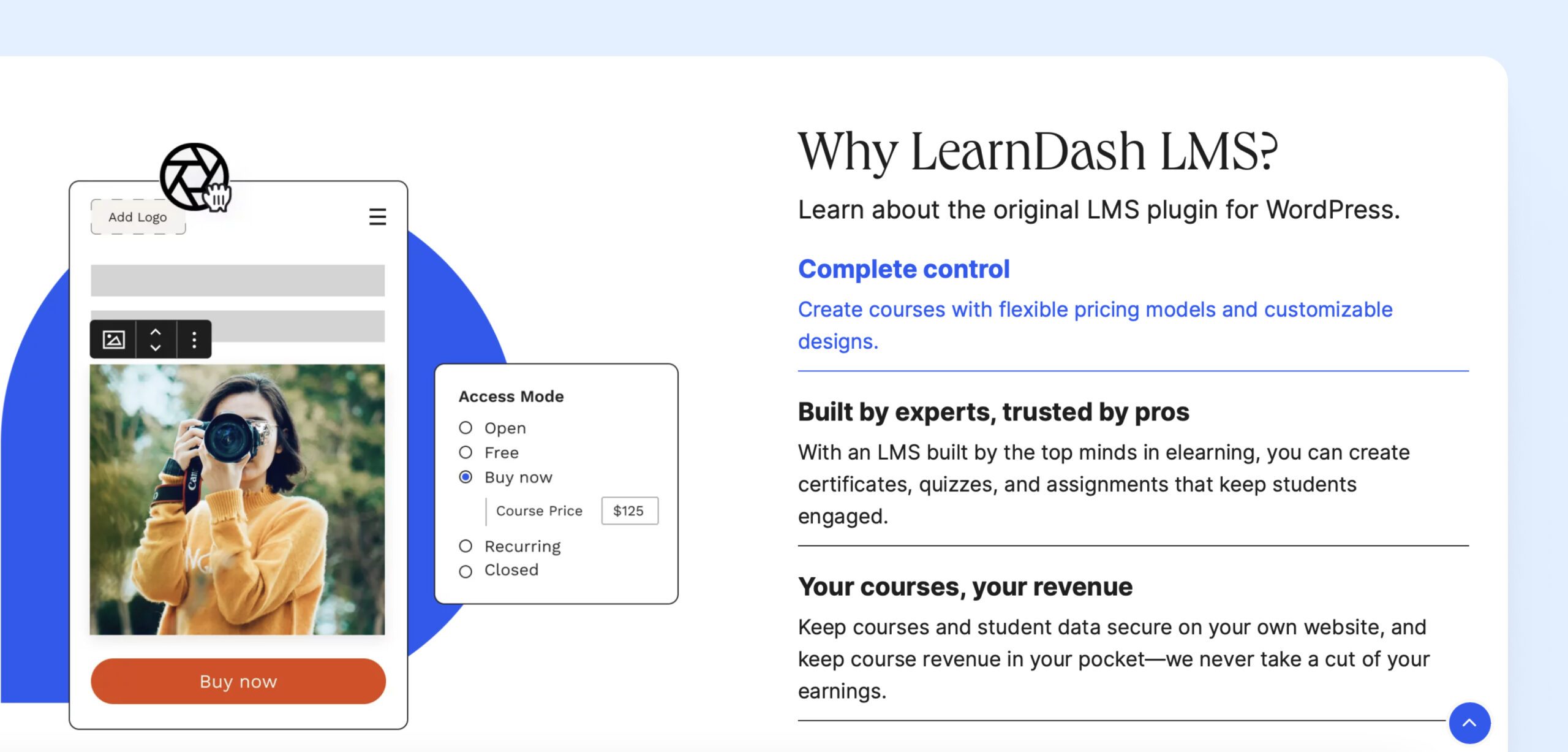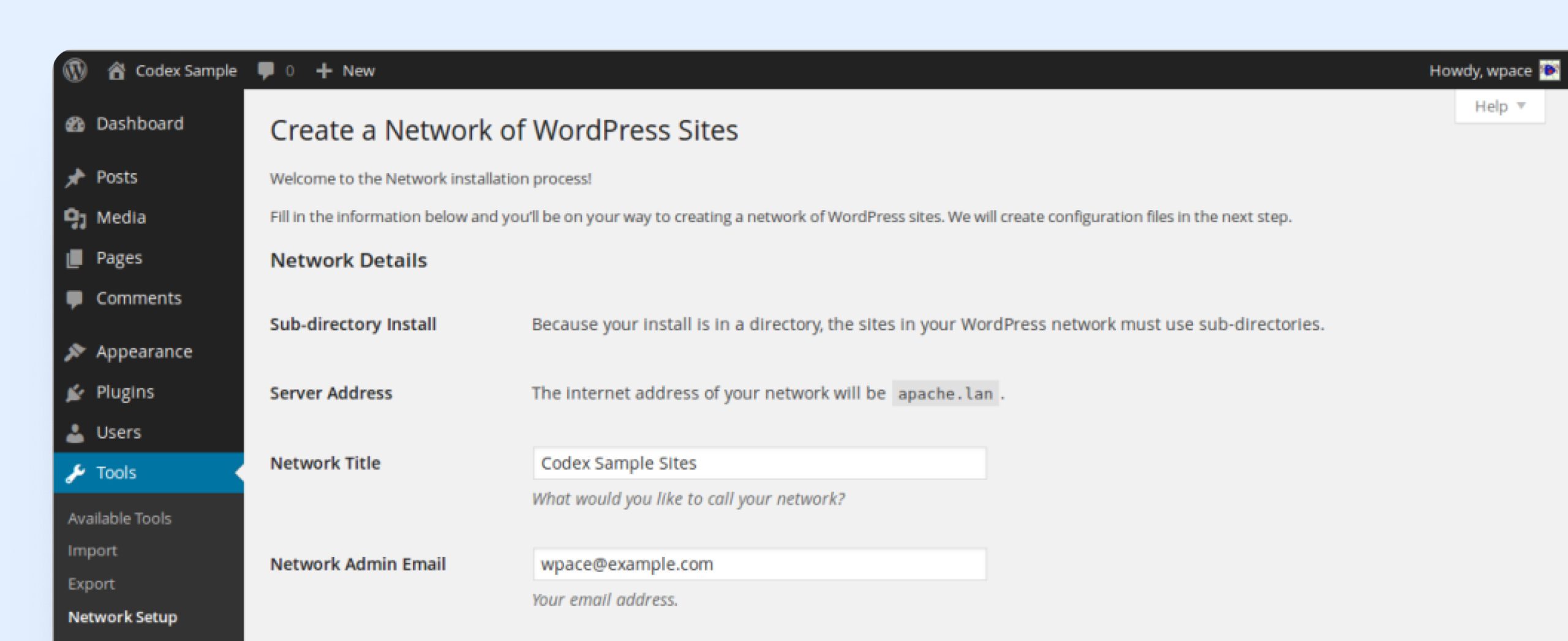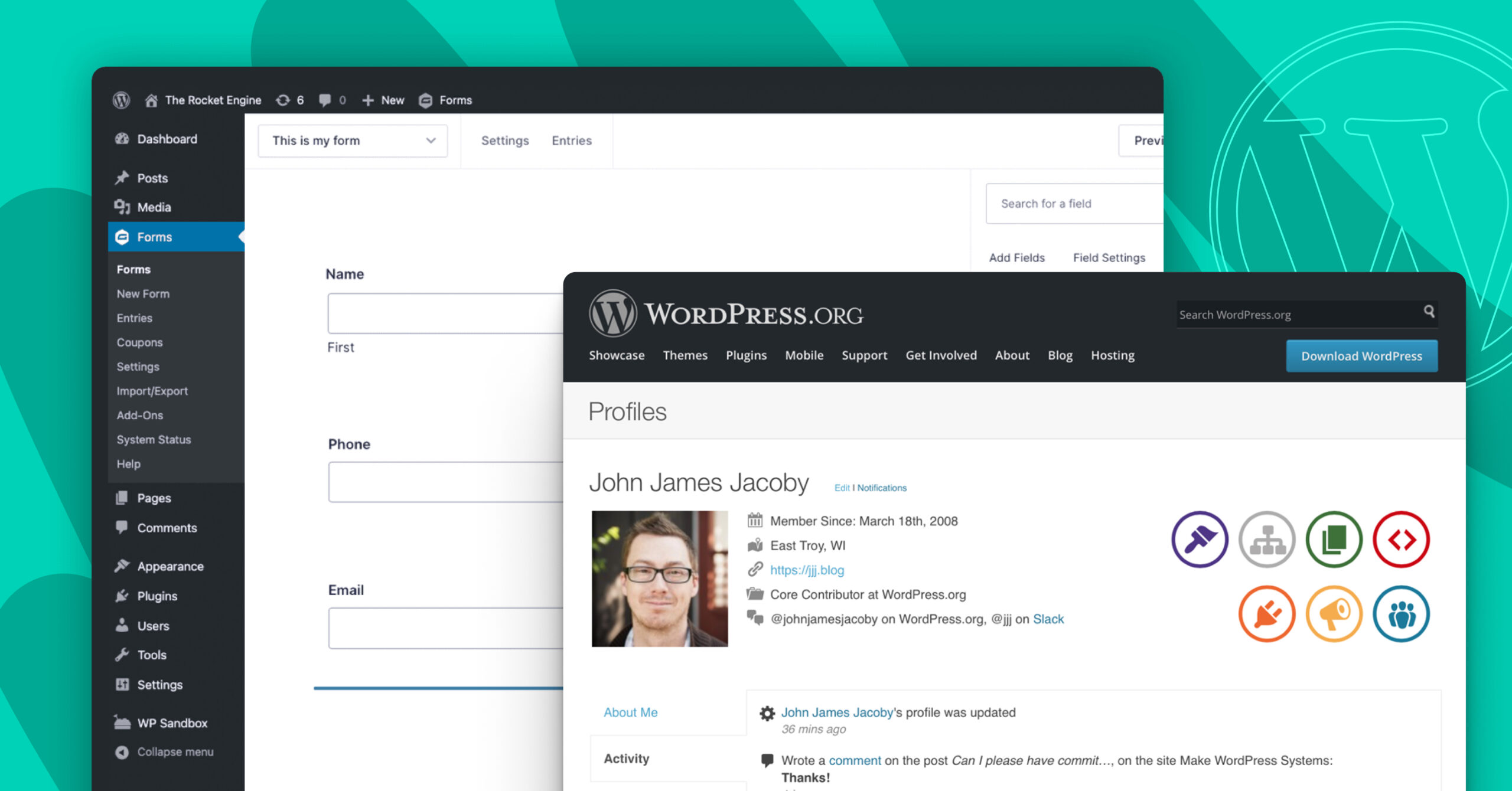Higher education institutions are constantly seeking innovative ways to enhance their digital presence, improve student engagement, and compete on a global stage.
Whether it’s attracting and retaining students, engaging with alumni, showcasing research projects, or optimising for visibility and engagement, WordPress offers a flexible, scalable platform that can be tailored to the unique needs of academic institutions. Let’s dive in and find out how.
Themes & plugins: adapting WordPress for higher education KPIs
With tens of thousands of plugins and themes available, institutions can extend the functionality and aesthetics of their sites with minimal effort.
These range from security enhancements and SEO tools to e-learning platforms and event management systems, all designed to enrich the digital campus experience. The open-source nature of WordPress encourages continuous improvement and innovation in these extensions, ensuring they meet the evolving needs of educational users and the institution.
Enhancing student attraction & retention: Gravity Forms enables universities to create engaging, custom forms for admissions, feedback, and course evaluations, facilitating direct communication with students. BuddyPress helps to foster campus communities, enabling students to connect, collaborate, and engage with each other and their courses online. For academic institutions looking to offer online learning, LearnDash provides a comprehensive e-learning suite, allowing for the creation of courses, quizzes, and certificates, directly contributing to an enriched educational experience.

Competing in the global academic market: To stand out, a website should reflect an institution’s unique value proposition. Customisable themes like University offer global appeal with multilingual support for a broad reach. Integrating the WordPress Multilingual Plugin ensures content is accessible to a diverse international audience, enhancing global competitiveness.
Communicating with alumni and supporters: Maintaining a strong relationship with alumni and supporters is key for ongoing donation and networking opportunities. A combination of custom development and plugins can be used together to create a dynamic community platform. BuddyPress, The Events Calendar, and fundraising plugin GiveWP, for example, can create a comprehensive portal for alumni engagement, reinforcing relationships with valued community members.
Showcasing research & development projects: WordPress’ multisite functionality makes it easy to give departments and initiatives their own dedicated web space, but plugins like visual project management platform Project Panorama can also be useful for providing visibility into ongoing projects; displaying timelines and achievements through real-time reporting can offer valuable transparency and reassure donors of progress.
Optimising for visibility and engagement: To reach a wider audience, optimising site performance and engagement is key. Yoast’s SEO plugin improves search engine visibility, driving more traffic to a site, while MonsterInsights provides Google Analytics integration for tracking user engagement and behaviour, offering insights to further refine marketing strategies.
Integration capabilities: WordPress in the higher education ecosystem
WordPress’s strength in the higher education sector is bolstered by its excellent integration capabilities.
It seamlessly connects with essential academic databases, student information systems (SIS), learning management systems (LMS), and other critical technological tools through plugins and API connections. This compatibility transforms WordPress into a central hub for both administrative efficiency and academic resource accessibility.
For academic research, WordPress can link directly to databases, providing students and faculty with easy access to scholarly articles and digital libraries. This integration ensures vital resources are readily available, supporting educational objectives and research activities.
When it comes to managing student data, plugins enable WordPress sites to interact with SIS platforms. This connection automates processes like enrollment, grade dissemination, and student profile management, significantly reducing administrative workload and enhancing data accuracy across systems.
Moreover, WordPress integrates with CRM systems, email marketing platforms, and social media, enabling effective communication and engagement strategies with students, alumni, and prospective applicants. This broad integration spectrum supports an institution’s marketing, community engagement, and fundraising efforts, ensuring a cohesive and interactive digital presence.

Learn how to unlock the full potential of your university’s digital presence with WordPress.
Multisite networks: streamlining digital management in higher education
WordPress multisite is a powerful feature that enables higher education institutions to manage multiple websites from a single WordPress installation, offering an efficient solution for overseeing the digital presence of various departments, faculties, and initiatives. This capability is particularly beneficial in the complex ecosystem of higher education, where cohesive brand identity and administrative efficiency are paramount.
Centralised administration: Multisite networks simplify the management of multiple sites, allowing network administrators to update plugins and themes, manage user roles, and enforce security measures across all sites from a single dashboard. This centralisation reduces the time and resources required for site maintenance, ensuring consistency and compliance with institutional standards and policies.
Consistent branding and navigation: Institutions can ensure uniform branding across all departmental and faculty websites, reinforcing the institution’s identity and providing a cohesive user experience. Shared themes and templates enable consistent design and navigation, enhancing the institution’s overall image and digital coherence.
Resource and cost efficiency: By leveraging a single hosting environment and shared resources, multisite networks reduce the costs associated with running multiple standalone sites. This setup allows for more efficient use of server resources and simplifies the technical infrastructure needed to support the institution’s online presence.
Customisation and autonomy: Despite the centralised control, individual departments and faculties retain the ability to customise their sites to meet specific needs, ensuring that each site can cater to its unique audience while still aligning with broader institutional goals.
Scalability: WordPress multisite networks are inherently scalable, accommodating an institution’s growth by easily adding new sites as needed without significant incremental costs or technical challenges.
Offering higher education institutions a strategic advantage in managing their online ecosystem, WordPress multisite combines efficiency, consistency, and scalability, making it an ideal platform for supporting the diverse and dynamic digital needs of universities and colleges.

